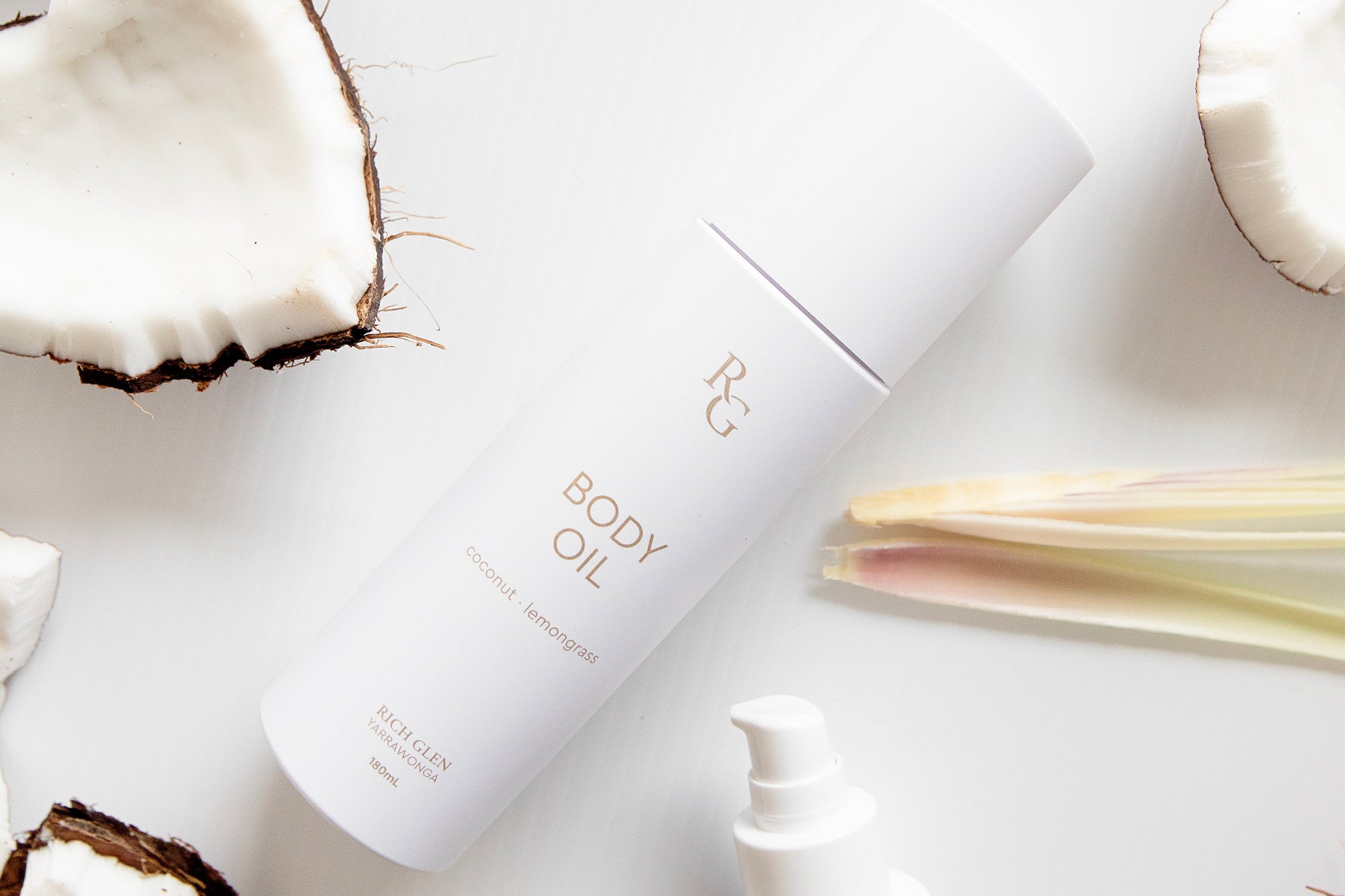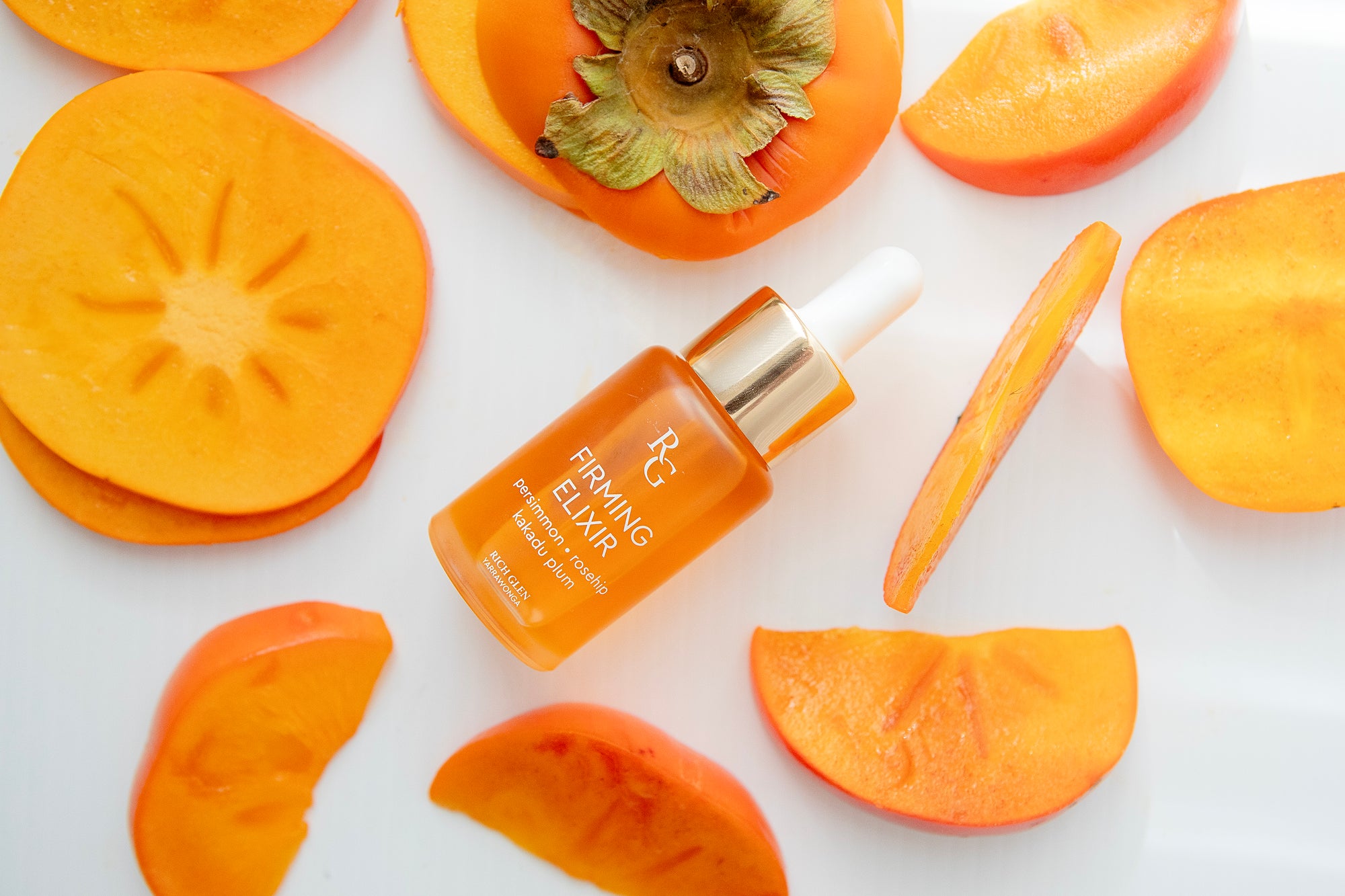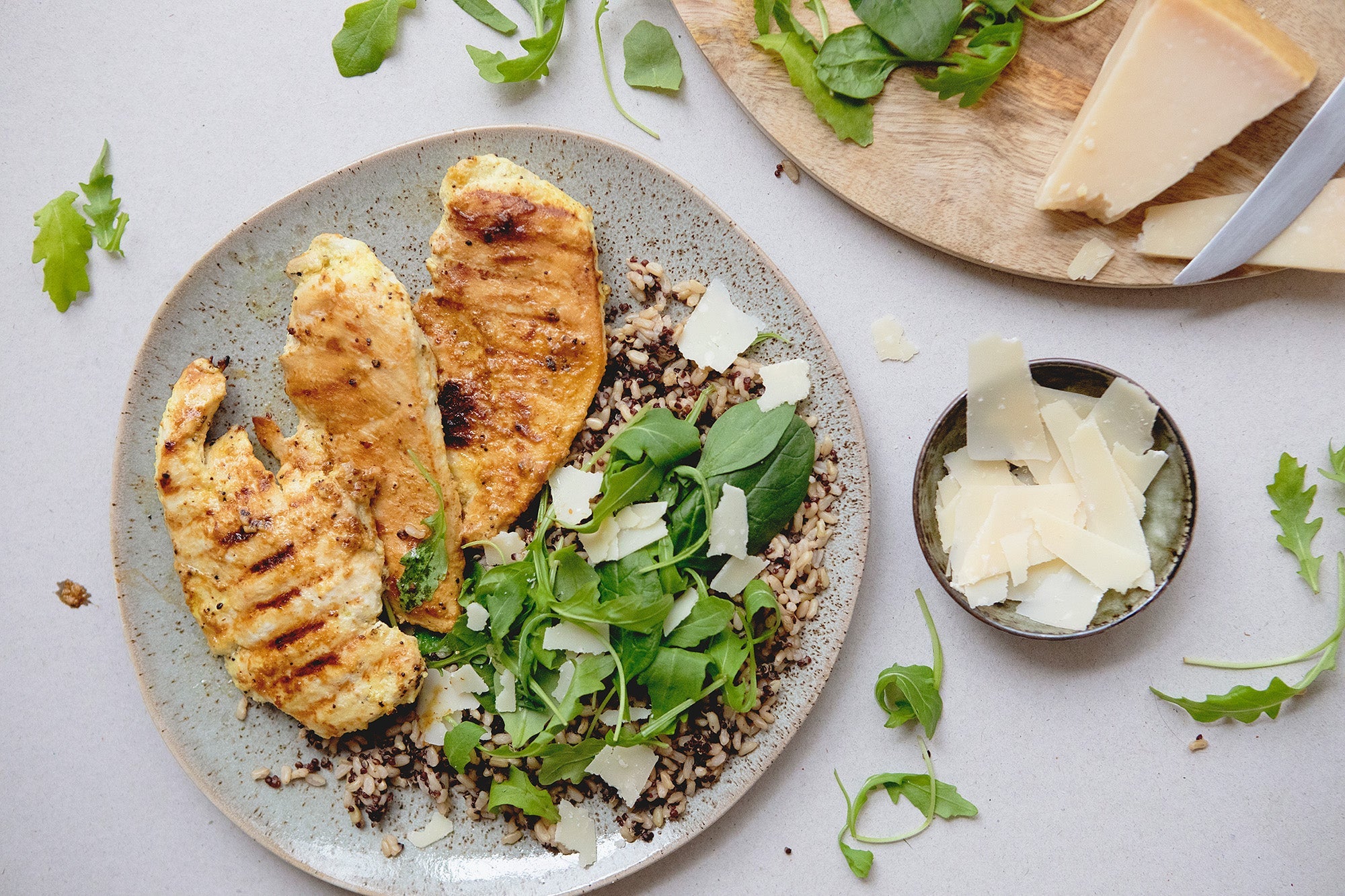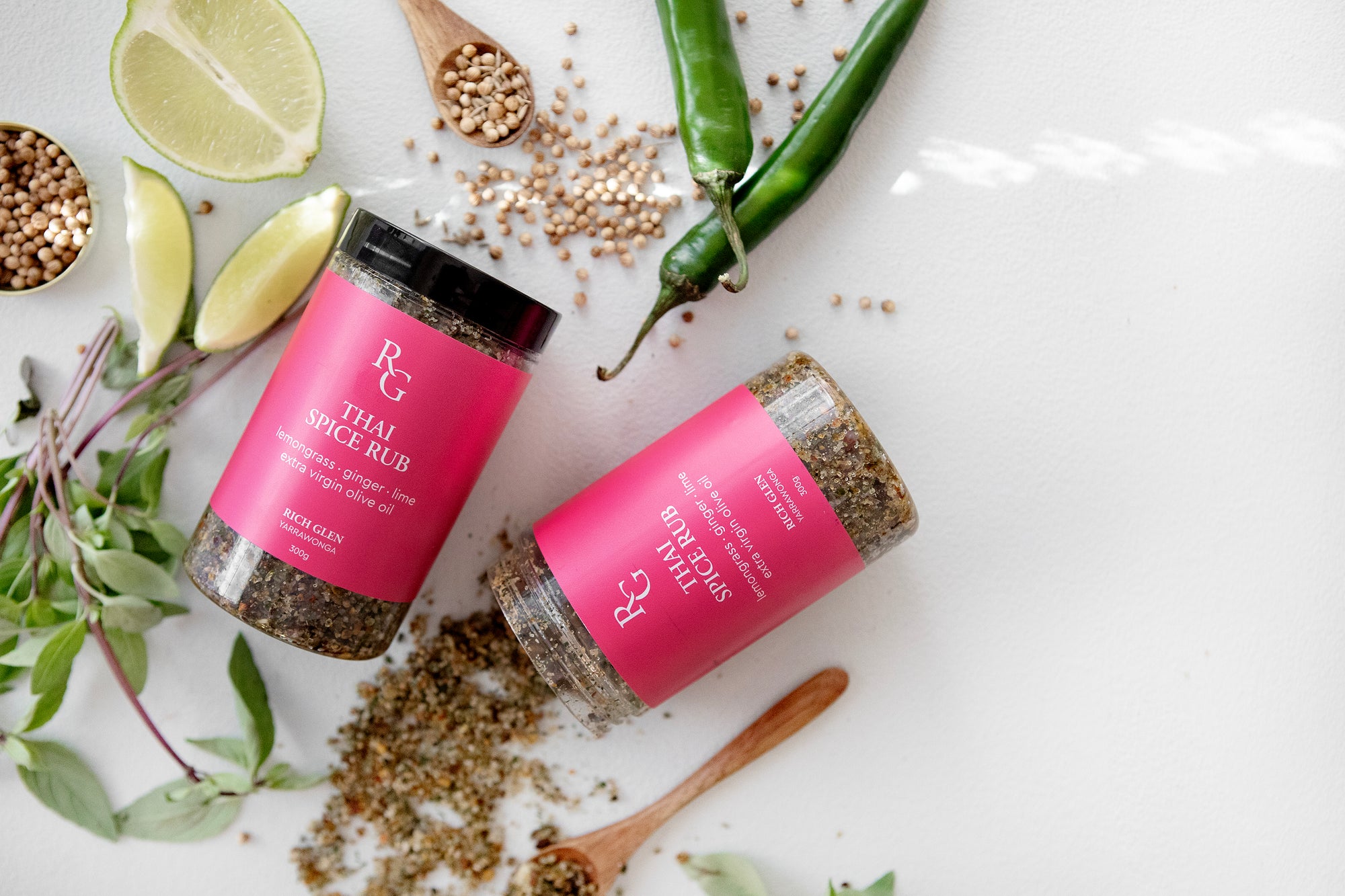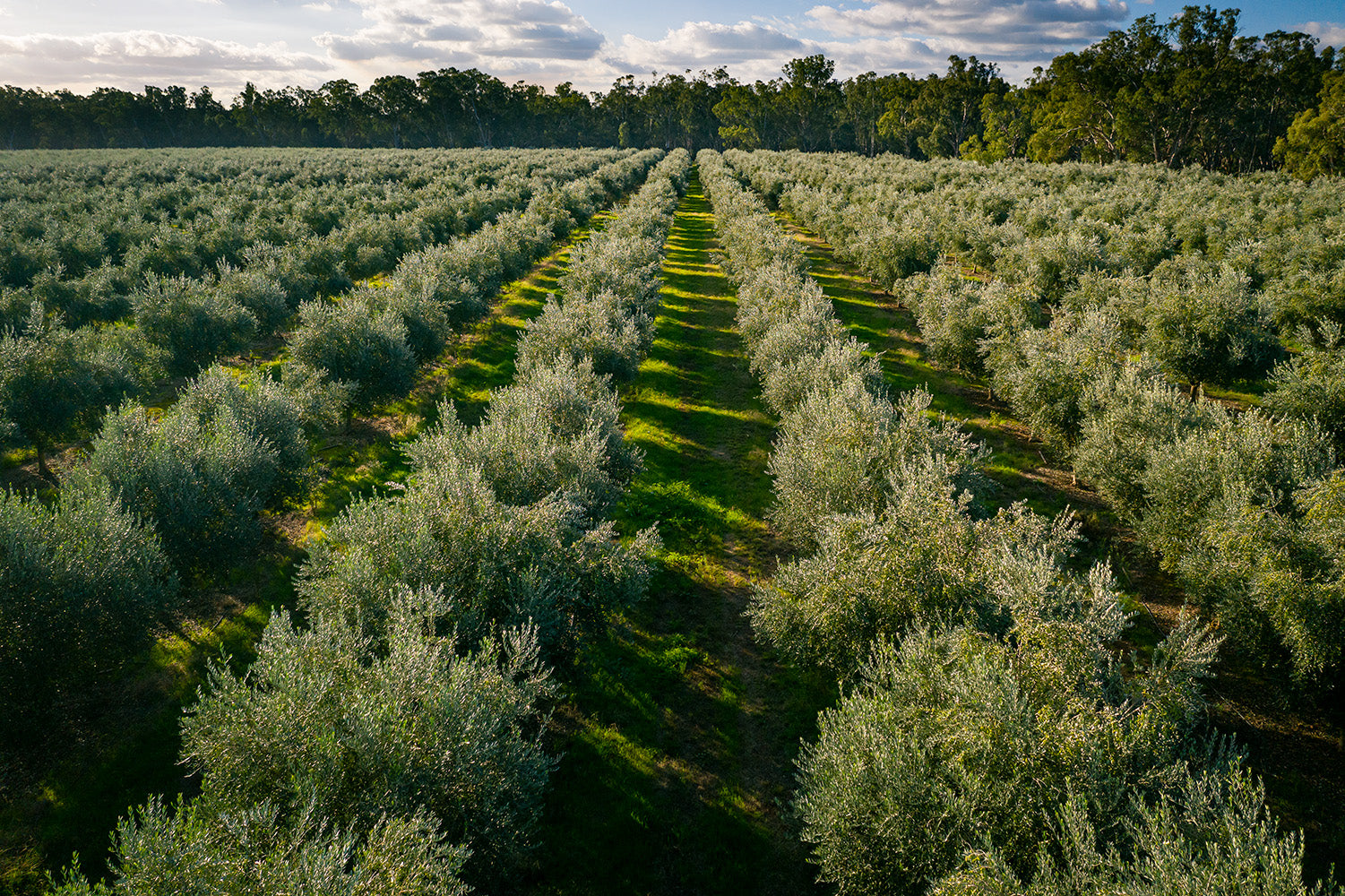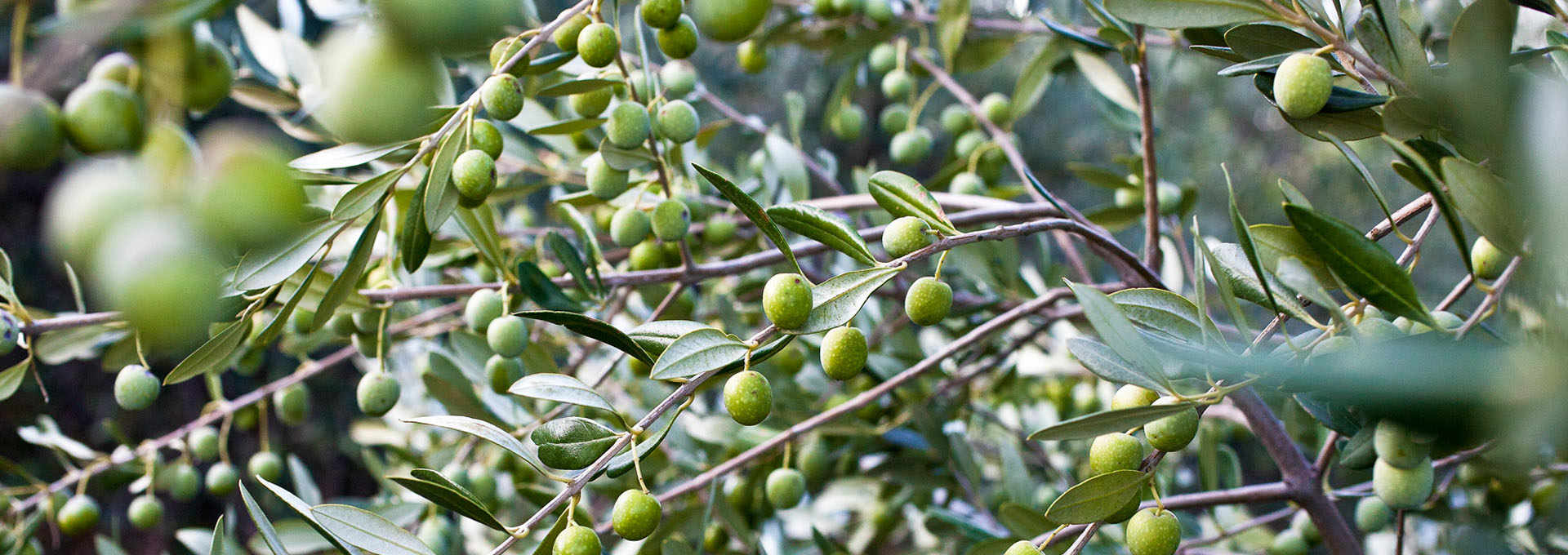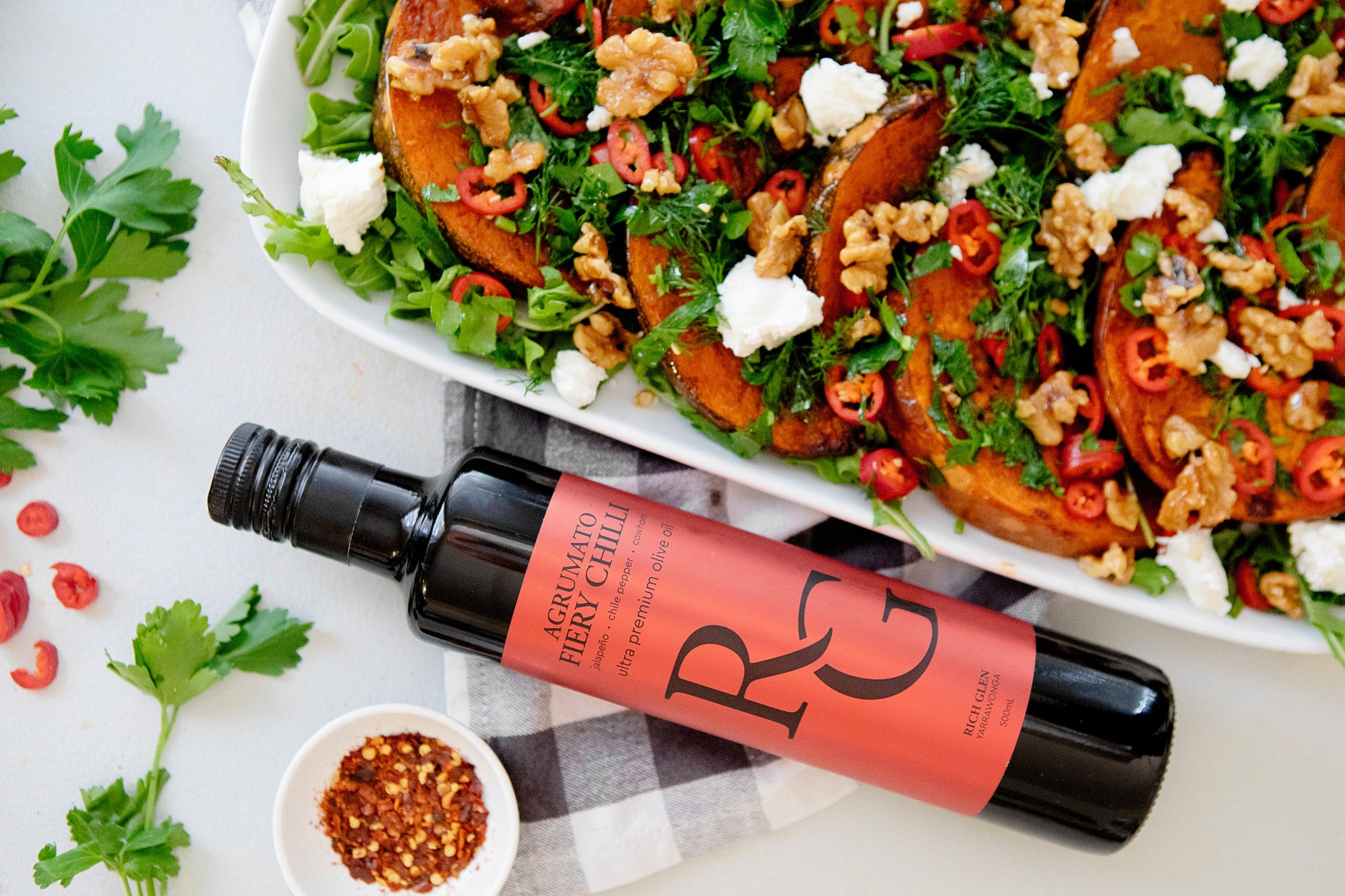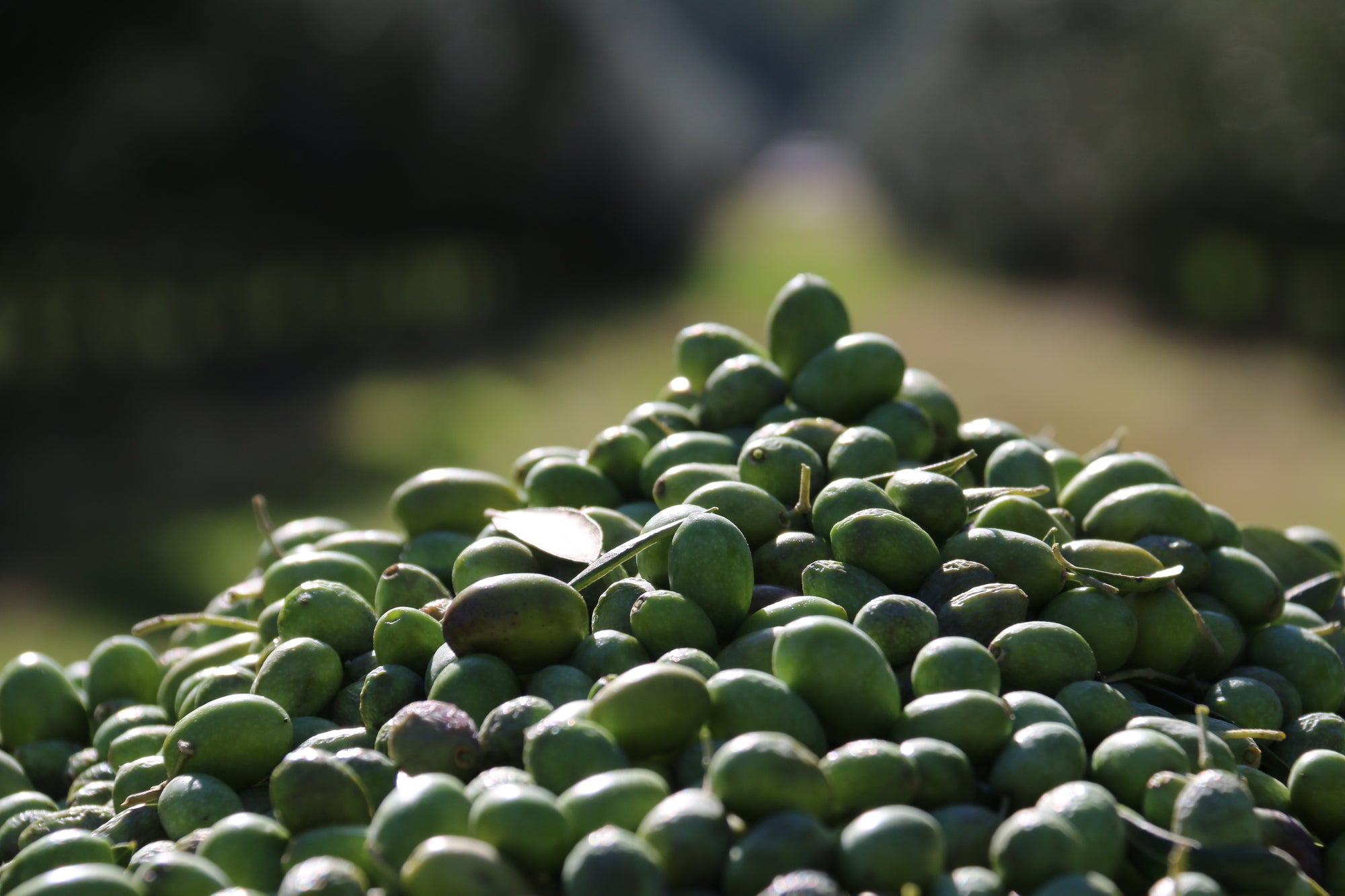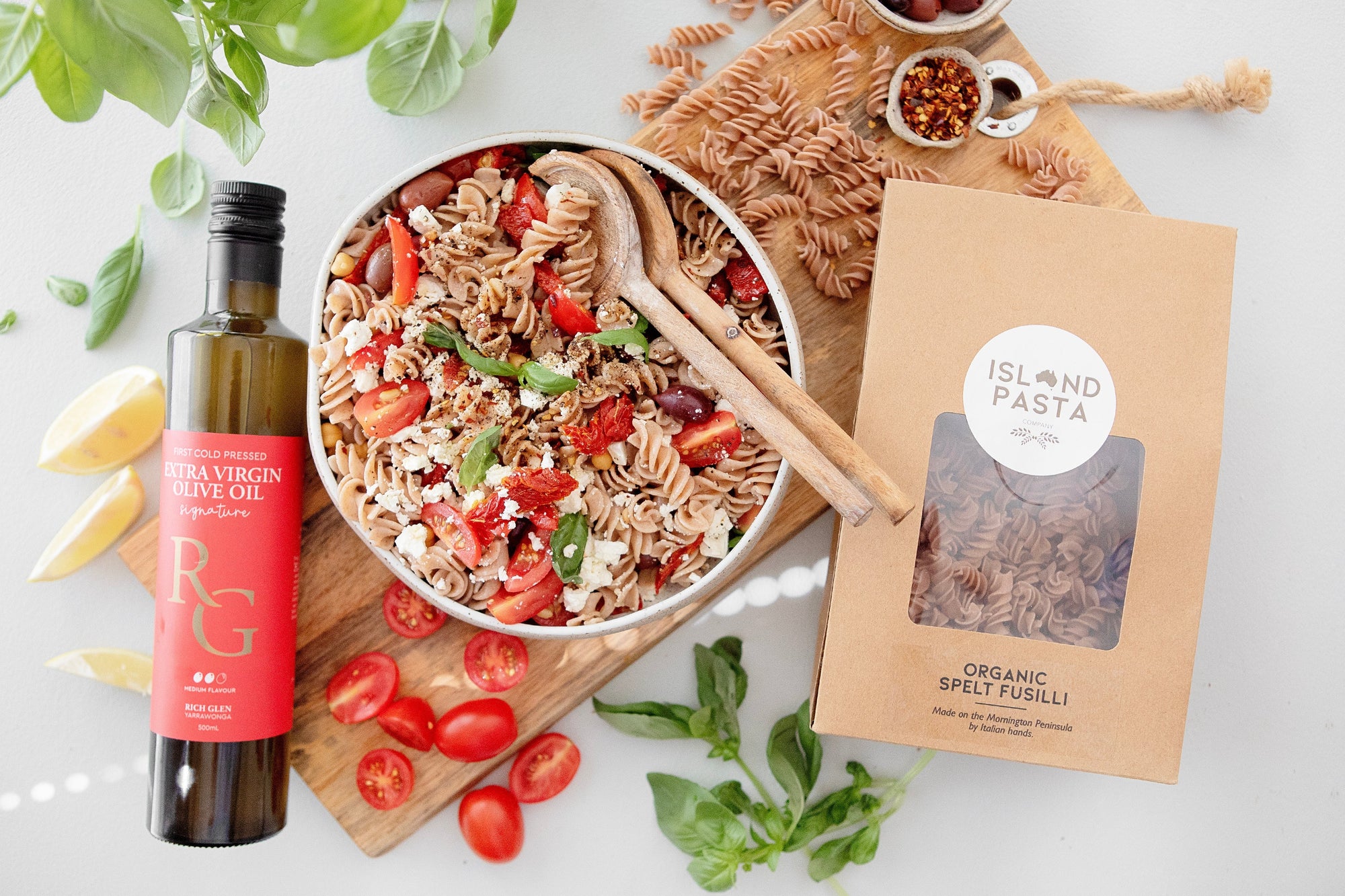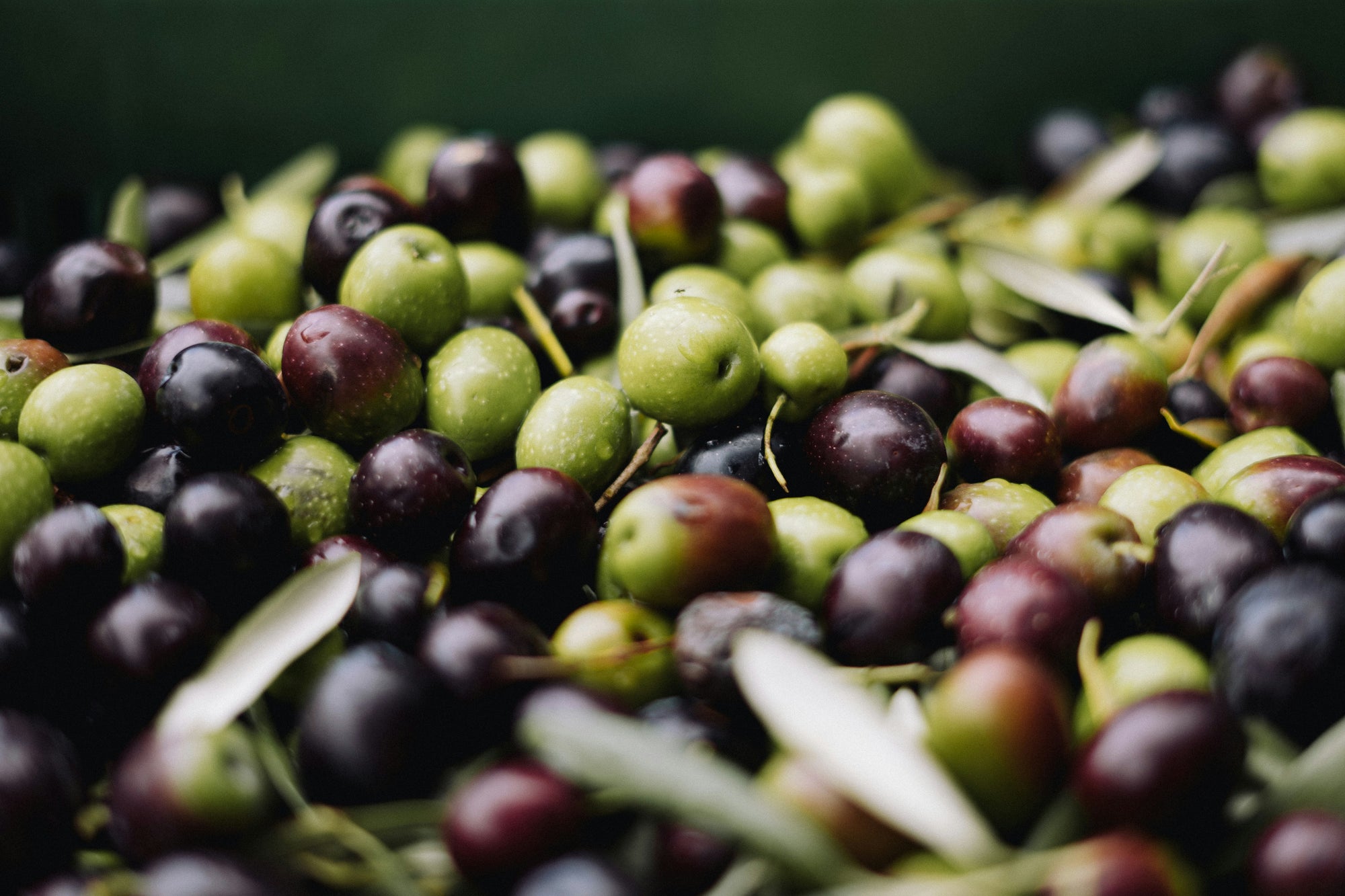Unlocking the Secrets of Olive Oil: A Journey from Orchard to Table
The Benefits of Extra Virgin Olive Oil
At Rich Glen, we believe that food should do more than just taste good, it should nourish your body and support your wellbeing. That’s why our Extra...
Swap Butter for Extra Virgin Olive Oil in Your Cooking & Baking
Did you know that Extra Virgin Olive Oil can be used in place of butter in many of your favourite recipes? It’s a simple swap...
Why You’ll Love Using Rich Glen Extra Virgin Olive Oil Body Oils This Summer
As the days get longer and the sun shines stronger, your skin deserves a little extra love. Summer is all about feeling light, fresh, and...
We won platinum!
The London International Olive Oil Competition takes place every year and covers four different categories, quality, packaging, infused oils and health claim. In 2024 Rich Glen...
Nurture Your Skin This Winter!
It's time to keep hydrated and squeeze as much moisture into your skin to get that glow! Winter skincare is all about maximising hydration for...
Winter Warmers with Millie
Join our dietitian, Millie, as she shares tips on incorporating our products into your favourite winter recipes, keeping your meals diverse and nutritious even during...
A Day at Rich Glen's Early Harvest Olive Oil Launch!
Join Millie for a day in the groves to celebrate Rich Glen’s Early Harvest EVOO 2024 Launch! "In Early April, I was honoured to be...
Ros' Favourite Product!
One of my favourite ranges is our tasty Meat Rubs, but recently I felt like there was a flavour missing. So, with the help of...
Olive Oil Myths and Facts: Debunking Common Misconceptions
Olive oil, a staple in many kitchens around the world, has a rich history and numerous benefits. However, it is also surrounded by a number...
Discover the Unique Qualities of Coratina Olives
Coratina Olives flourish predominantly in the Puglia region of Southern Italy. This variety owes its name to the town of Corato, located at the heart...
Exploring the World of Agrumato Olive Oil
We are thrilled to dive deeper into the ancient process of combining olives with exceptional ingredients during the crushing phase to create a unique oil we called Agrumato.In this...
Boosting Your Dog’s Health Naturally
As dedicated pet owners, we aim to give our dogs the very best, from their glossy coats to their wagging tails. Being passionate dog lovers...
Unveiling the Wonders of Cold-Pressed Olive Oil
In the realm of olive oils, "cold-pressed" is a term that often appears, accompanied by assertions of superior quality and health benefits. But what does...
The Art of Cooking with Olive Oil
Olive oil, with its rich history and diverse applications, has long been at the centre of Mediterranean cuisine and beyond. Beyond its culinary features, olive oil...
Olive Oil vs Vegetable Oil: When to use what
If you’re a regular supermarket peruser, chances are you’ve come across a selection of oils bigger than your shoe collection. It’s overwhelming, we know! There...



